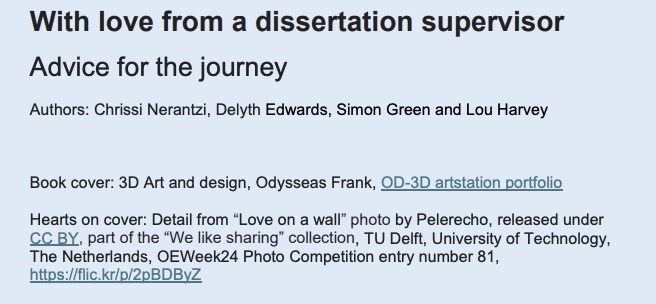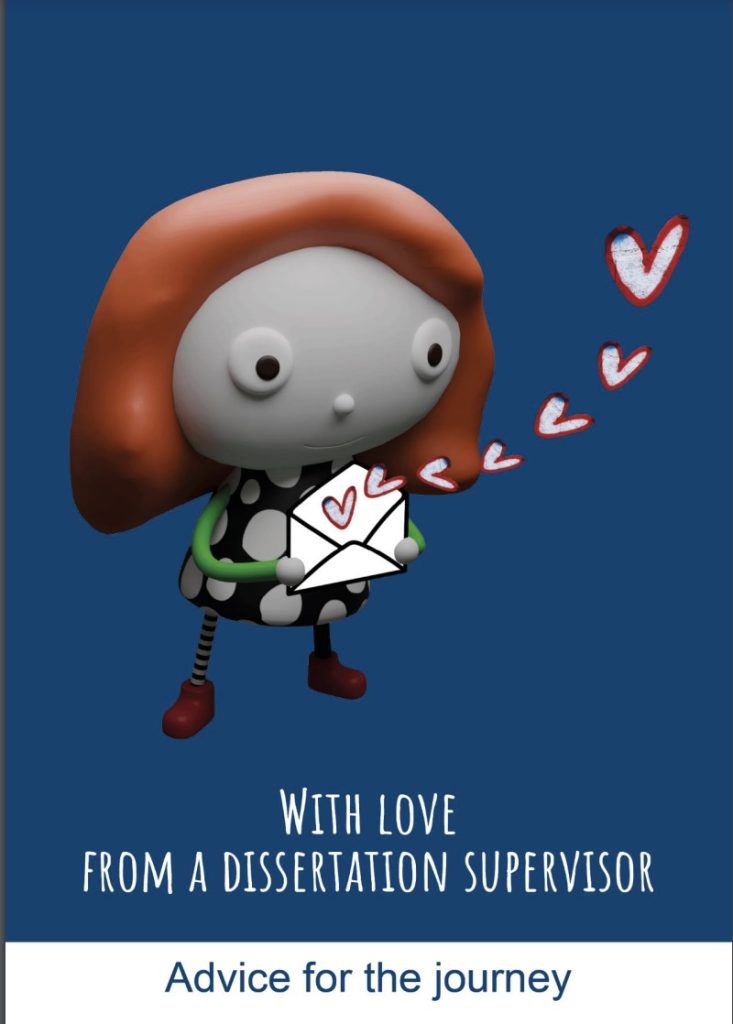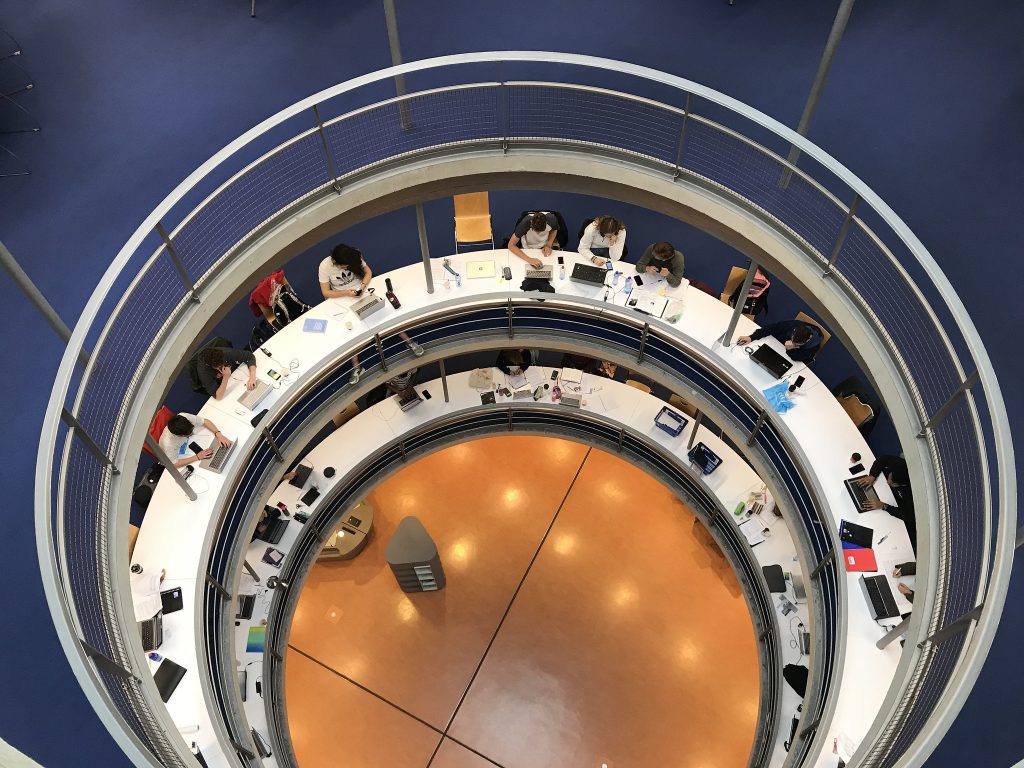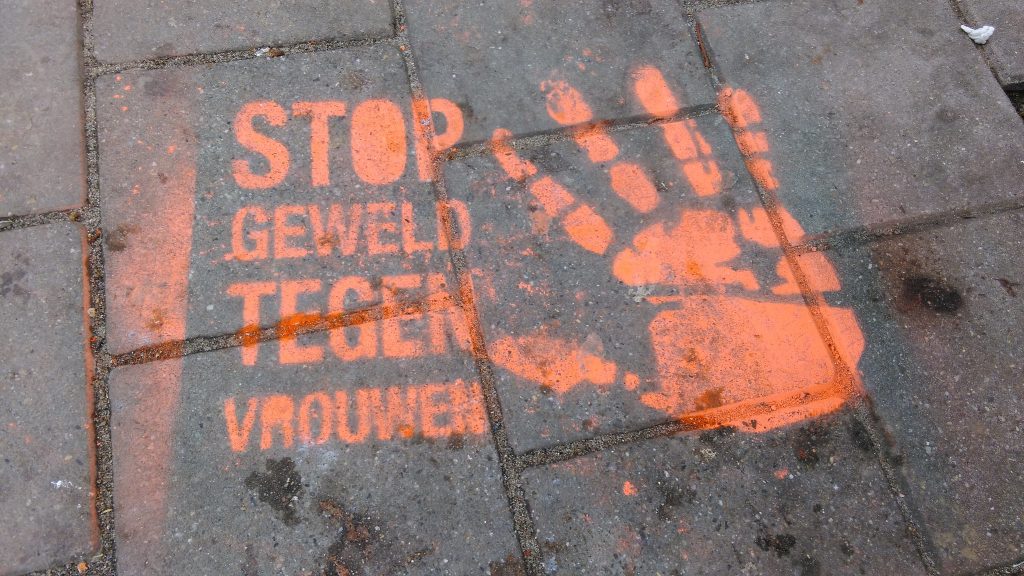We invite proposals for contributions to the OEGlobal 2022 in-person Congress in Nantes, France. The in-person Congress builds upon the Online Conference that took place in September 2021.
Open Education Global Conference is the premier event for Open Education. It is the meeting place for communities interested in using, developing, promoting, advancing, and mainstreaming Open Education.
OEGlobal 2022 will comprise plenaries, thematic sessions, and learning labs. Rooms will also be available for group meetings and promotional events.
We welcome submissions and presentations in any of the six official languages of the United Nations:
The Call for Proposals closes on 14 February 2022.
We welcome submissions for contributions to the following four session types:
1. Plenaries: UNESCO OER Recommendation Action Areas
Plenary sessions will be organized around the four main action areas of the UNESCO OER Recommendation. Adopted in 2019, and advanced by the Dynamic OER Coalition as well as the international open education community, the Recommendation focuses on the following Action Areas: Capacity Building, Policy, Access, and Sustainability. The fifth Action Area, International Cooperation, is seen as transversal and is integrated into all parts of the in-person Congress.
Submissions of two types of plenary presentations are encouraged: lightning talks (10 minutes presentation +5 minutes for discussion) and longer presentations (20 minutes presentation +5 minutes for discussion). Submissions and presentations can be made in any of the six official languages of the United Nations – Arabic, Chinese, English, French, Russian and Spanish.
2. Thematic Sessions
Thematic sessions provide opportunities for focused debates on different topics which are perceived pertinent by the global open education community. Eight thematic sessions have been identified in order to address some of the more urgent issues in Open Education today: 1. Libraries and Librarians, 2. Frontier Technologies, 3. Open Education Research, 4. Publishers and EdTech Providers – Open Education Friend or Foe?, 5. Open Education: The Role of Students, 6. Combining different Opens: Access, Science, Data, Resources, 7. Pathways to Opening Up Education, and 8. Open Education for Primary/ Secondary/K-12 Sectors. More information on each thematic session can be found in the table below.
Submissions for two types of thematic presentations are encouraged: lightning talks (10 minutes presentation +5 minutes for discussion) and longer presentations (20 minutes presentation +5 minutes for discussion). Submissions and presentations can be made in any of the six official languages of the United Nations – Arabic, Chinese, English, French, Russian and Spanish.
3. Learning Labs
Learning Labs can focus on any topic relevant to Open Education. These sessions could take the form of a workshop, a brainstorming collaboration, or a participatory how-to session. Learning Labs can be proposed in any of the six official languages of the United Nations (Arabic, Chinese, English, French, Russian or Spanish) and can last 40 minutes or 1 hr 30 minutes.
4. Rooms for Group Meetings & Promotional Events
See below for more information about the different session types.
Key dates for OE Global 2022
- Call for Proposals opens: 6 December 2021
- Call for Proposals closes: 14 February 2022 (show your love for Open Education by submitting a proposal on Valentine’s Day)
- Notifications to authors: 15 March 2022
- Early bird registration rate ends: 31 March 2022
- Deadline for authors to register: 22 April 2022
- Registration closes: 16 May 2022
- In-Person Congress: 23-25 May 2022








